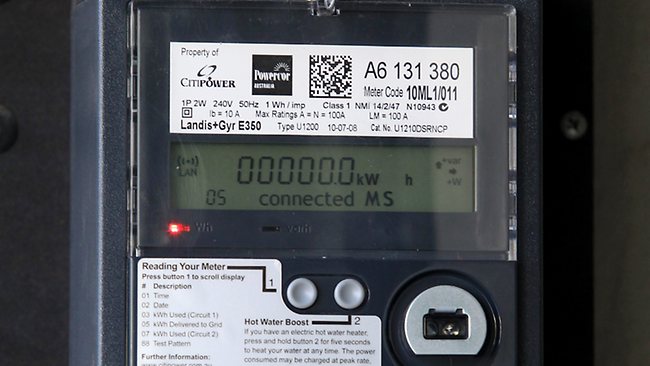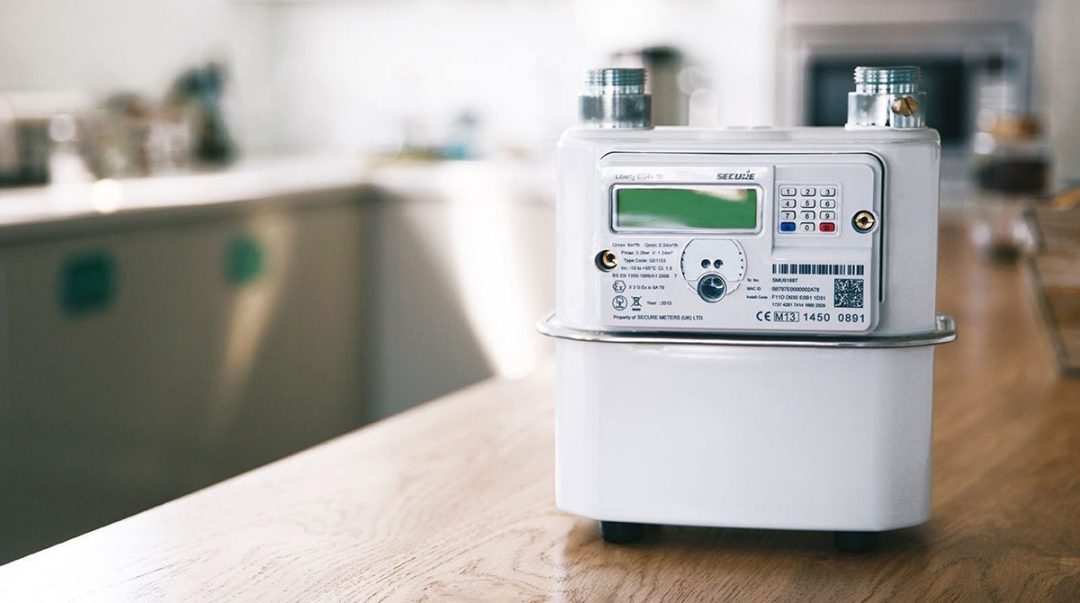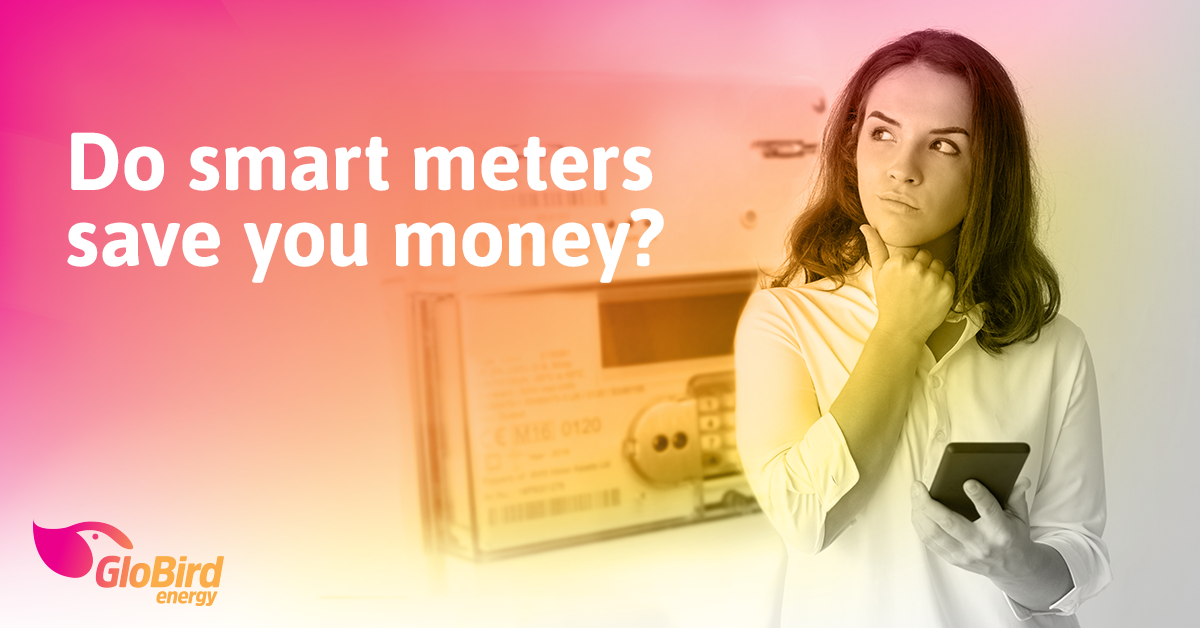It’s been a few years since all households and small businesses in Victoria had a smart meter installed, as part of a major upgrade of Victoria’s electricity infrastructure.
The rollout of smart meters is still taking place in other parts of Australia and across the world, for example, most UK householders will have a smart meter installed by their energy company by the end of 2020.
In New South Wales and other states, everyone who needs a new meter – whether they’ve built a new home, are adding solar panels, or their old analogue meter is no longer working properly – has to install a smart meter.
This is after the recommended Power of Choice reforms came into effect on December 1, 2017.
The benefits of the Power of Choice reforms
As the Australian Energy Regulator explains on its website:
“The Power of Choice changes enable the competitive deployment of smart meters, which gives more choice to residential, small business and embedded network customers to engage in the retail energy market.
For customers this will mean access in the future to a wider range of services, including more frequent energy usage data, a wider range of pricing options and the ability to access products and services enabled by smart meters such as demand management.” (source: aer.gov.au)
Here are some things that you should know about smart meters:

What is a smart meter?
A smart meter is “a two-way digital communication device that is located at your home or small business to measure the amount of electricity you use”. (source: Victorian Energy Saver)
How does a smart meter work?
A smart meter “measures electricity flowing in and out of your home at 30-minute intervals. It communicates your home’s energy use to the meter service provider, usually on a daily basis.” (source: Choice)
Who owns my smart meter?
When it was decided that Victoria would become a ‘smart meter only’ state, the state’s five electricity distributors – CitiPower, Jemena, Powercor, SP AusNet Services, and United Energy – which own and manage the poles and wires that deliver power to homes and businesses were given responsibility for the rollout. Now that other states have seen the benefits, the rollout is becoming more widespread across Australia.
Are smart meters safe?
Smart meters are manufactured and installed according to Australian Standards. All smart meters must comply with the electromagnetic exposure limits developed by the Australian Radiation Protection and Nuclear Safety Agency (ARPANSA). The same limits apply to things like mobile and cordless phones, Wi-Fi routers and baby monitors. (source: Australian Energy Regulator)
What is the main benefit of having a smart meter?
Smart meters provide data that enables customers to make choices about how much energy they use by allowing them to access accurate real-time information about their electricity consumption. (source: energy.vic.gov.au)
How can I monitor the data from my smart meter?
You can monitor your usage in almost real time using a web portal, smartphone app, or in-home display connected to your smart meter.
How much data can I access and how can I use it?
You can monitor usage patterns over time, including up to two years of historical information about past energy use, and you can set up your system to alert you about any excessive energy consumption.
Are there different tariffs available?
Because your usage is captured in ‘real time’ and with great accuracy, having a smart meter allows you to access flexible pricing tariffs, which charge at three different rates -peak, off-peak, and shoulder – depending on the time of day.
Are there other potential savings?
In general, smart meters make it quicker, easier, and cheaper to switch electricity companies or move house, mainly because you won’t have to have someone come out to your property to read the meter, disconnect, or connect.
Does a smart meter help me manage my solar energy?
Initially, smart meter data can help you choose the right size solar PV system based on your usage. Then you can more easily monitor what percentages of solar and mains electricity you’re using and change your usage patterns to take advantage of your solar generation.
Are their broader environmental benefits?
With the increasing proliferation of electricity from renewable sources, and the expectation that it will increase further to achieve green energy targets, the grid will need to get smarter so smart meters will be needed to ensure we can balance the supply of energy from the varying sources.

Does a smart meter mean better service?
Apart from the increased ease and accuracy of reading and billing, smart meters quickly notify your electricity distributor if your power is out, so any issues can be located faster, and repairs can begin sooner.
Are there also benefits for the electricity supplier?
Apart from the above (detecting problems quickly), smart meters make it possible to use power resources more efficiently, including balancing loads at times of high demand to reducing outages (brownouts or blackouts).
In summary …
A smart meter could potentially save you a considerable amount on your electricity bill.
Only by understanding your energy usage can you act on it and reduce costs.
As we started with the Australian Energy Regulator, let’s finish by borrowing their summary of the benefits of getting a smart meter:
“A smart meter can help you take control of your electricity bill by providing information about when and how much electricity you use. A smart meter can:
- give you access to a wider range of services, including battery storage;
- give you detailed information about your energy use on a regular basis. This information can help you understand and adjust your usage or find the best deal for you;
- help electricity retailers offer you better and more innovative products and services, like energy management apps and online access to information about how you use electricity;
- allow electricity distributors to detect outages more quickly and monitor the quality of your electricity supply. This will help to minimise the number and length of electricity supply outages.”
If you have any questions about any of this, please get in touch and we’ll do our best to answer them.
